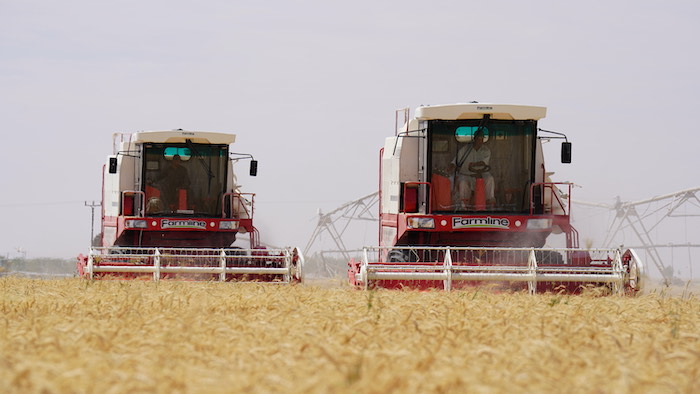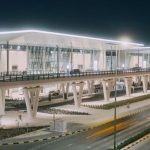The “Food Security Lab 2024” organized by the Ministry of Agriculture, Fisheries, and Water Resources in Muscat, in collaboration with various government entities and private sector companies, is focused on enhancing the food security sector and providing investment opportunities with local added value. The lab is set to conclude this week, with 30 projects worth over OMR 10 million expected to be signed. These projects aim to increase self-sufficiency rates in strategic crops like onions, garlic, and potatoes, as well as initiatives in fish farming, fish markets, and water resource projects to reduce imports, increase exports, and create job opportunities for Omanis.
Dr. Masoud bin Suleiman Al Azri, Director General of Agricultural and Fisheries Marketing and Official Spokesperson at the Ministry, highlighted the focus of the food security labs on attracting investments, enhancing local content, promoting added value, and creating job opportunities. The current lab introduces new pillars of strategic planning and digital transformation, with the aim of digitizing all 248 services offered by the Ministry by the end of 2025. The Ministry has also allocated 10 new services on the “Tharawat” platform as part of this initiative for comprehensive access to all Ministry services.
Dr. Al Azri mentioned that over 130 investment projects aligned with Oman Vision 2040 are underway across the country, with an overall investment value exceeding OMR 1 billion. The success of wheat production, for example, has seen a significant increase from 2,000 tonnes in 2022 to over 10,000 tonnes this year, with further expansion expected through government support and incentives for farmers. The Ministry has also allocated agricultural areas for crops such as mangoes and lemons and is conducting advisory studies for agricultural cities in Saham and the Najd Agricultural Region.
Oman has achieved self-sufficiency rates exceeding 75 per cent in key crops and products such as fish, dates, tomatoes, and milk. Dr. Al Azri expressed confidence that by the end of the current five-year plan in 2025, Oman will make further progress in self-sufficiency. Despite importing around 40 per cent of its food currently, there are high self-sufficiency rates in products like eggs and white meat. Dr. Al Azri is optimistic that completing projects like the Al Namaa Poultry Project will help elevate these rates and further enhance food security in Oman.
In conclusion, the ongoing efforts to enhance food security in Oman through initiatives like the Food Security Lab 2024 and various investment projects aligned with Oman Vision 2040 are crucial for reducing dependency on food imports, increasing self-sufficiency rates, and creating job opportunities for Omanis. The focus on digital transformation, strategic planning, and promoting local content are key elements in these endeavors, and the Ministry’s commitment to achieving further improvements in self-sufficiency by 2025 is a positive sign for the future of food security in the country.











